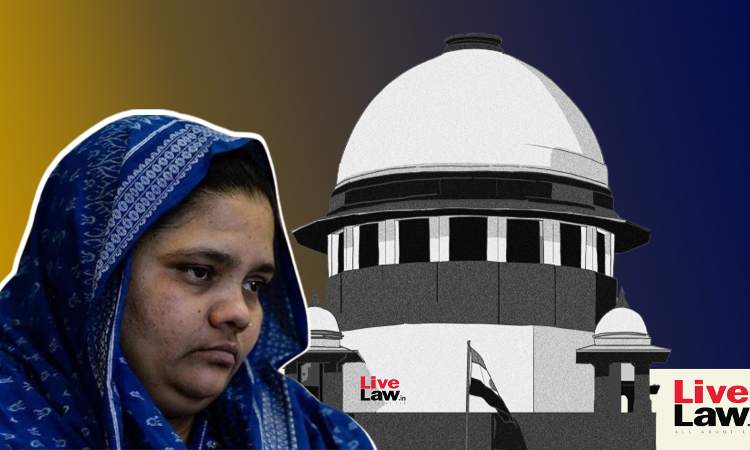Bilkis Bano Case : Supreme Court Asks How Convict's Earlier Writ Petition Could Have Been Admitted By Court
Awstika Das
8 Aug 2023 9:45 PM IST

Next Story
8 Aug 2023 9:45 PM IST
While hearing the Bilkis Bano case on Tuesday, the Supreme Court questioned the maintainability of the writ petition filed by one of the convicts in 2022, in which the Court had passed an order allowing the State of Gujarat to decide on the premature release of the life-convicts.A bench of Justices BV Nagarathna and Ujjal Bhuyan was hearing a clutch of pleas against the decision of the...
